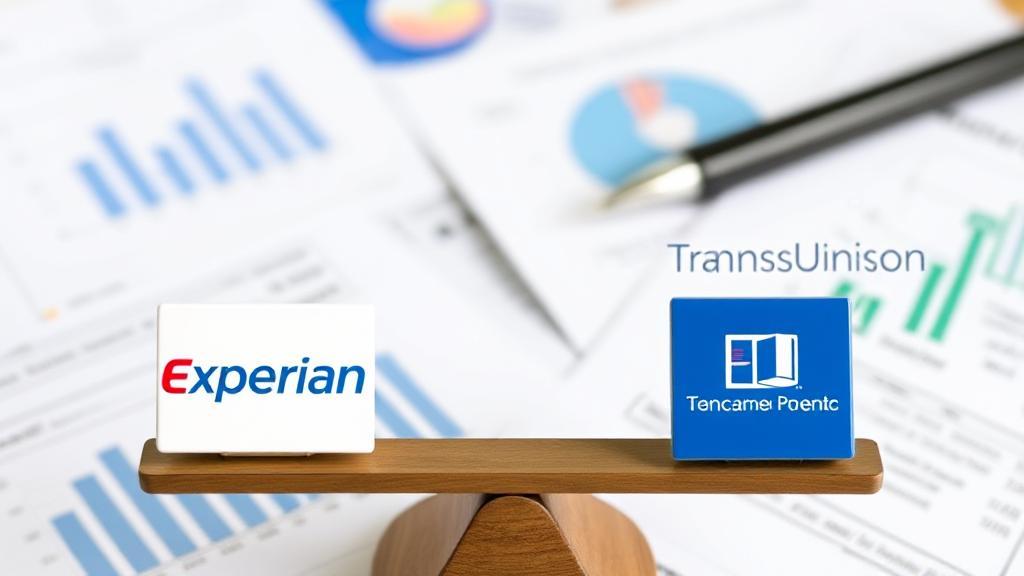Understanding Credit Bureaus
Credit bureaus play a crucial role in the financial ecosystem by collecting and maintaining consumer credit information. The three major credit bureaus in the United States - Experian, Equifax, and TransUnion - each operate independently, collecting information from various sources to generate credit reports and scores that lenders use to assess creditworthiness.
How Credit Bureaus Collect Data
Credit bureaus gather data from multiple sources, including:
- Lenders and Creditors: Banks, credit card companies, and financial institutions
- Public Records: Court records, bankruptcies, and tax liens
- Collection Agencies: Data on debts sent to collections
- Utility Companies: Payment history for services
- Rental Agencies: Rental payment history
Accuracy Statistics
According to a Federal Trade Commission study, approximately 20% of consumers have an error on at least one of their credit reports.
Error Rates by Bureau
| Bureau | Significant Errors | Minor Errors |
|---|---|---|
| Experian | 5.2% | 18.3% |
| Equifax | 4.8% | 17.9% |
| TransUnion | 5.3% | 18.8% |
Factors Affecting Accuracy
- Data Reporting: Not all creditors report to all three bureaus
- Update Frequency: Timing of data updates varies
- Data Entry Errors: Mistakes in data entry
- Mixed Files: Information mixed between similar names or SSNs
- Geographic Coverage: Regional reporting differences
Dispute Resolution Performance
Experian
- Average resolution time: 30 days
- Online dispute portal available
- Mobile app for tracking
- Visit Experian's website for tools and services
Equifax
- Average resolution time: 30-45 days
- Recently improved security measures
- Dedicated dispute hotline
- More information on the Equifax website
TransUnion
- Average resolution time: 30 days
- User-friendly online interface
- Direct upload of supporting documents
- Check the TransUnion website for details
Consumer Impact and Best Practices
Impact of Discrepancies
- Credit score variations typically range from 20-50 points
- Can affect loan approvals and interest rates
- May indicate potential identity theft
- Incomplete information can lead to missed opportunities
How to Monitor Your Credit
- Check reports from all three bureaus regularly
- Use AnnualCreditReport.com for free annual reports
- Report discrepancies promptly
- Keep detailed records of credit-related communications
Recent Improvements
Enhanced Data Collection
Regulatory Compliance
The Consumer Financial Protection Bureau (CFPB) has implemented stricter oversight, leading to:
- More frequent audits
- Improved dispute resolution processes
- Better data security measures
- Enhanced consumer access to information
Conclusion
While no single bureau is universally more accurate than the others, recent technological advances and regulatory pressure have led to improved accuracy across all three bureaus. Consumers should remain vigilant by regularly reviewing their credit reports from all three bureaus and promptly addressing any discrepancies. For the most accurate picture of your credit status, experts recommend reviewing reports from all three bureaus and understanding that minor variations are normal.
"While these differences may seem small, they can have significant impacts on consumers' credit scores and financial opportunities." - Consumer Financial Protection Bureau
For more information on credit reports and scores, visit the Consumer Financial Protection Bureau (CFPB) website.
